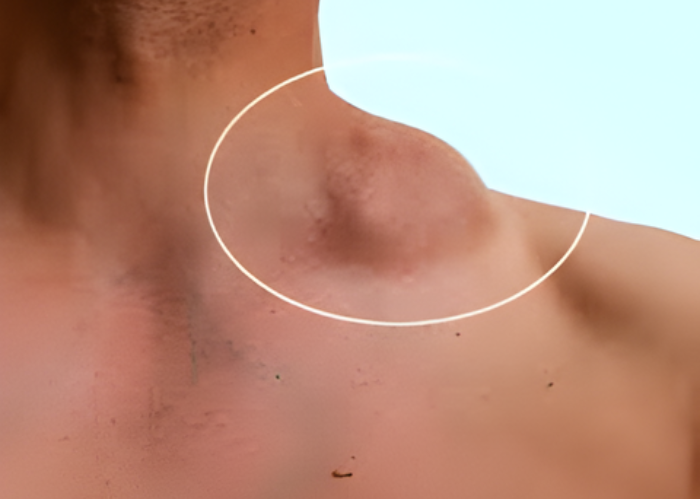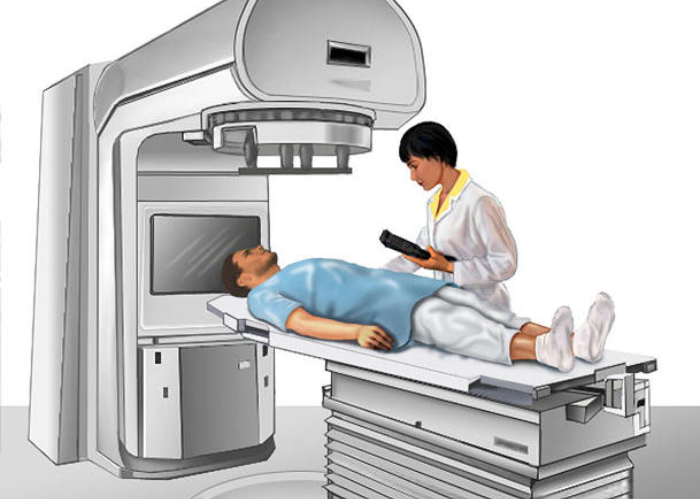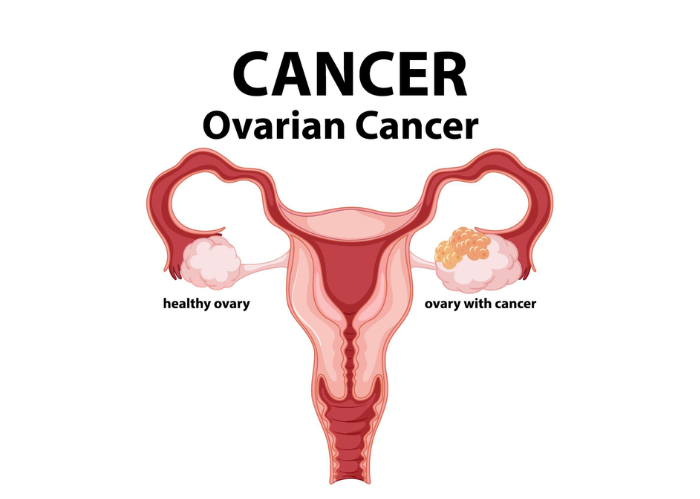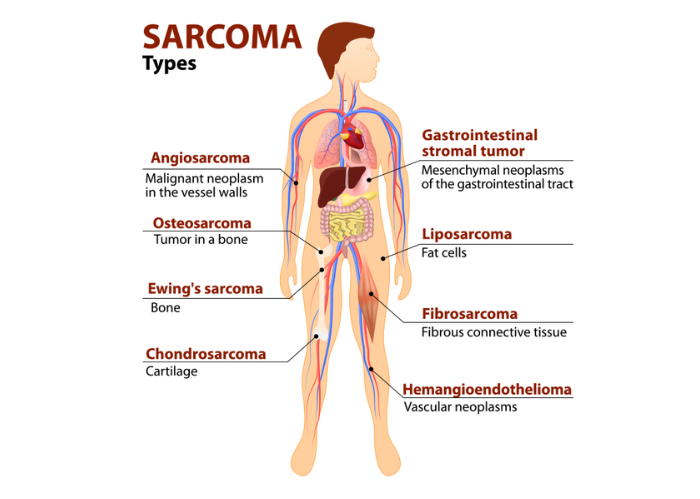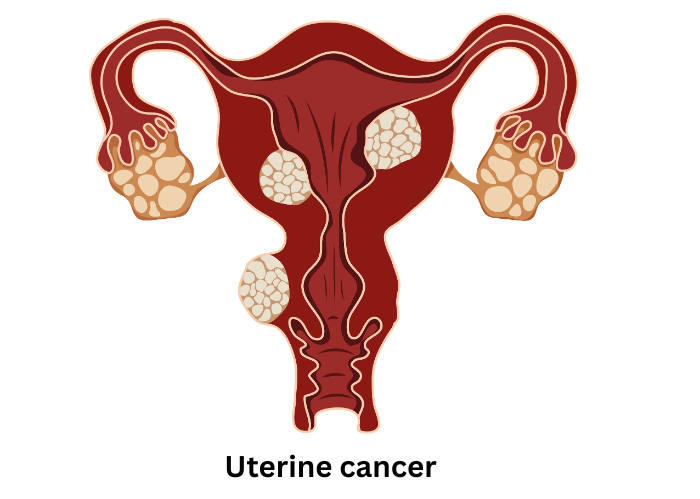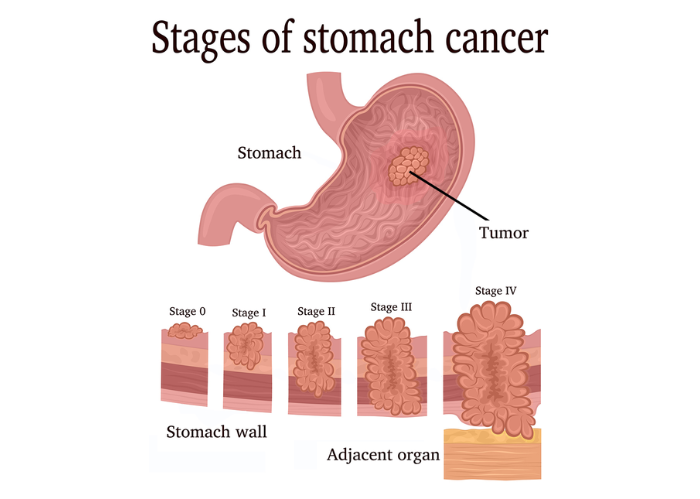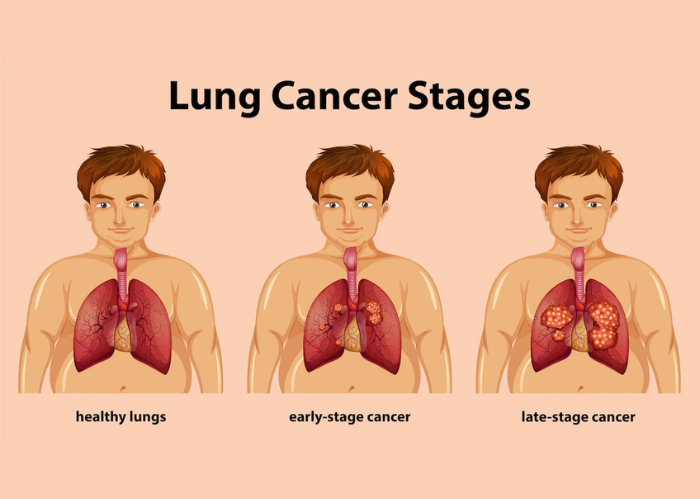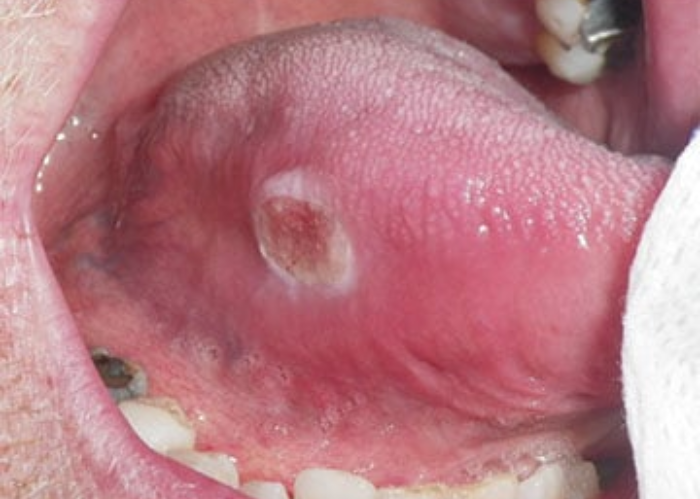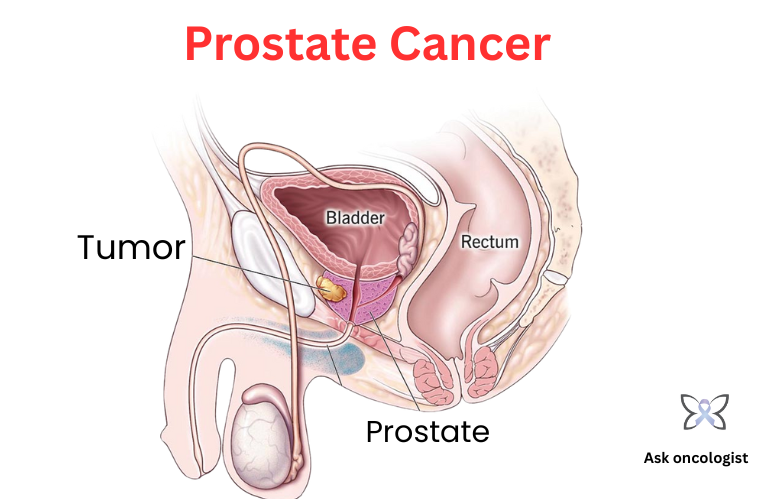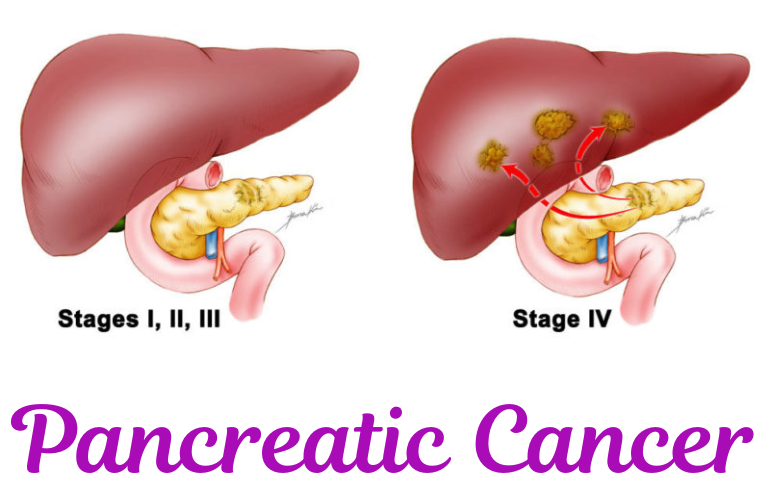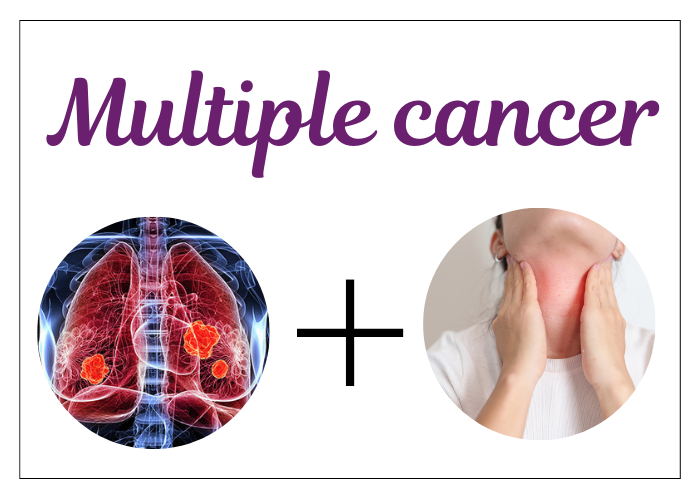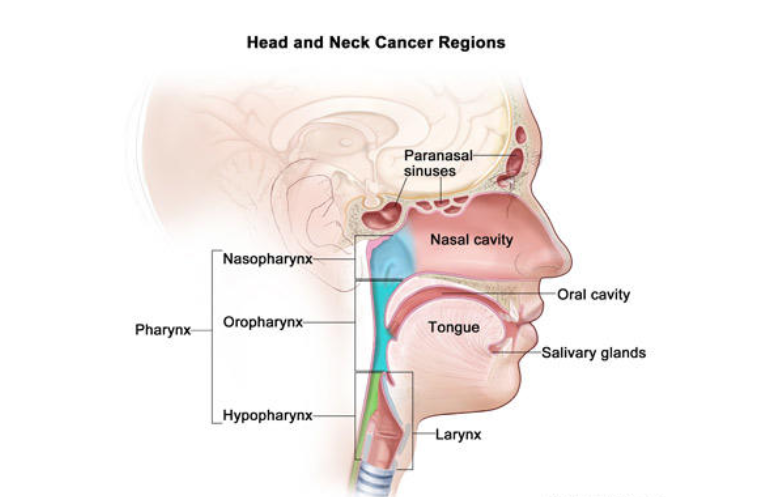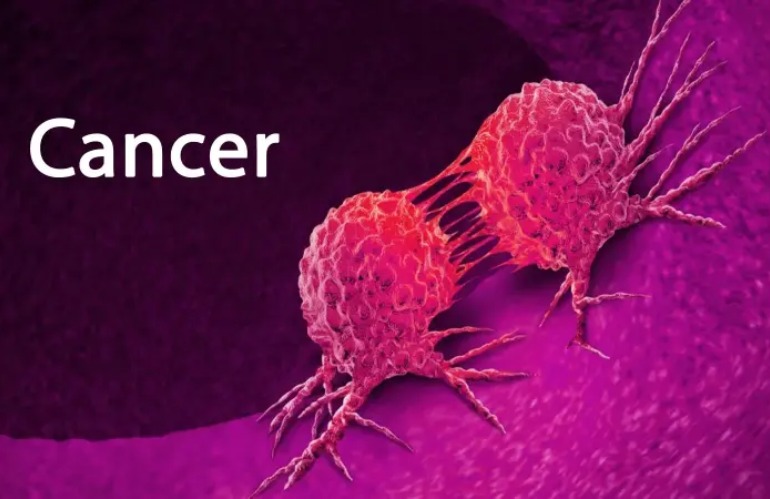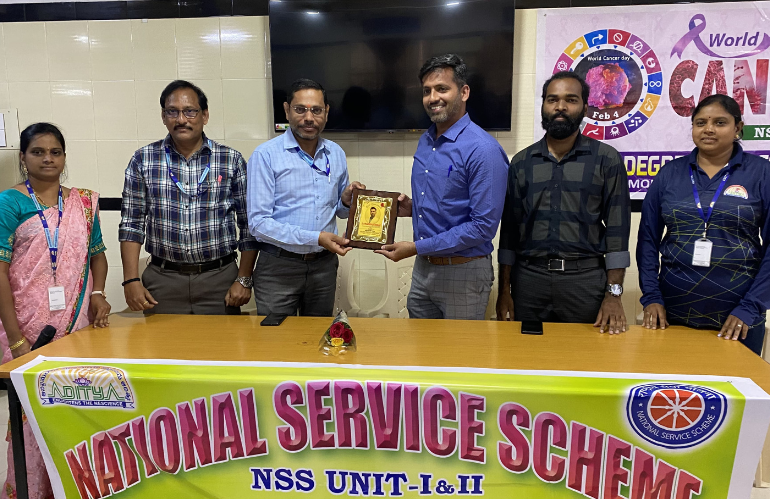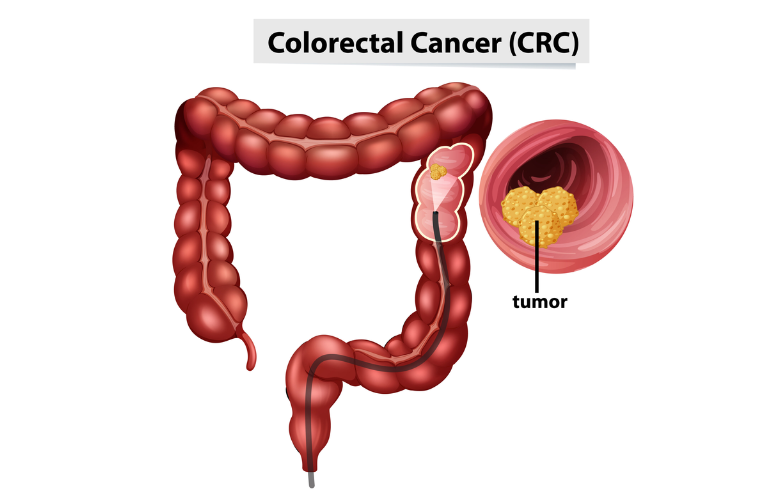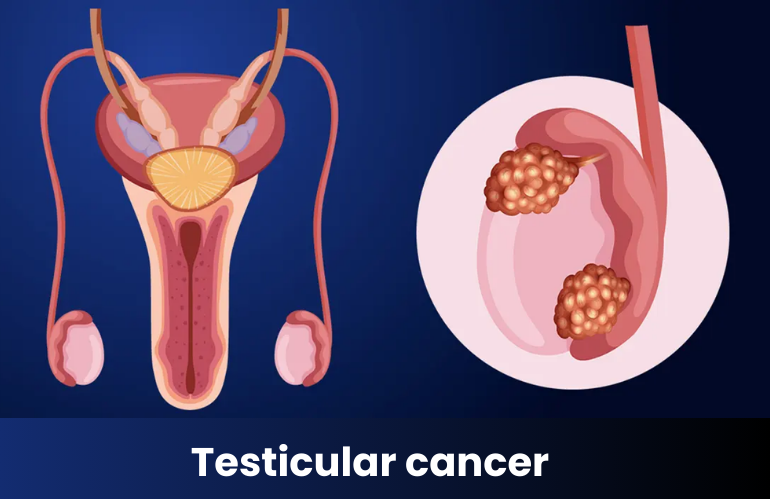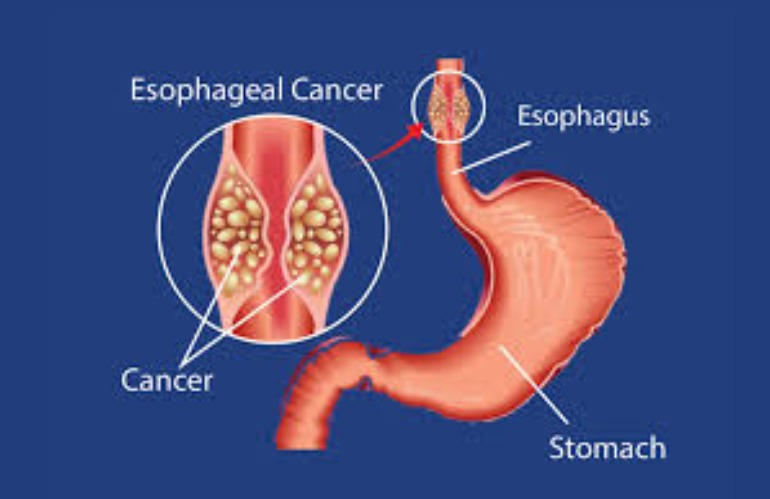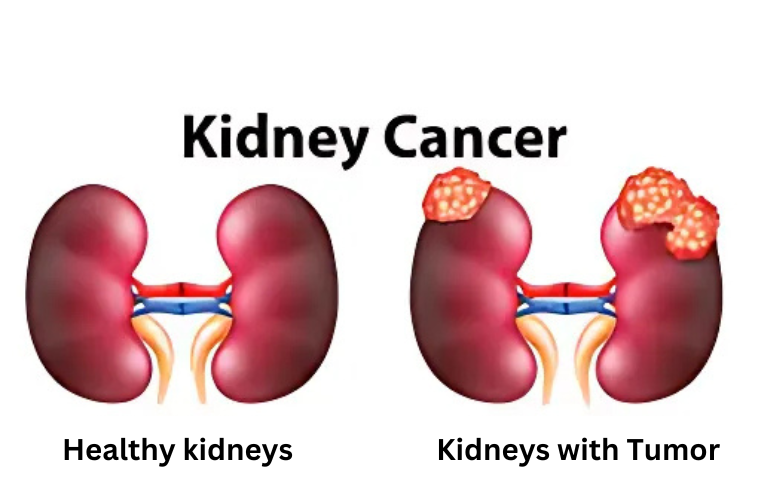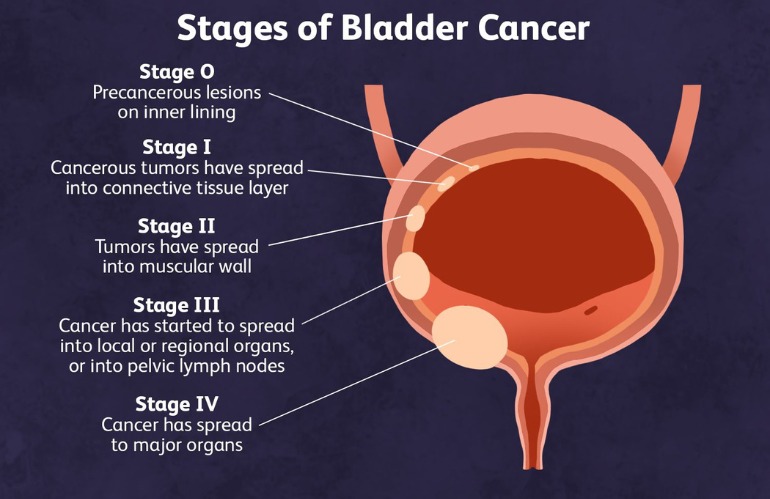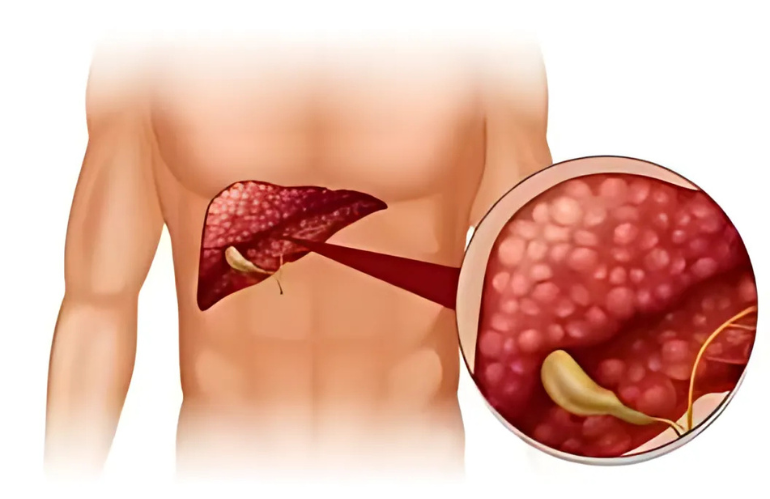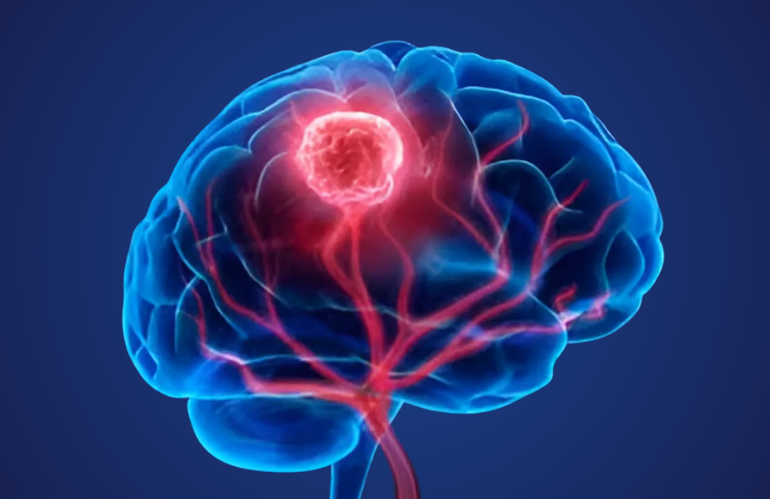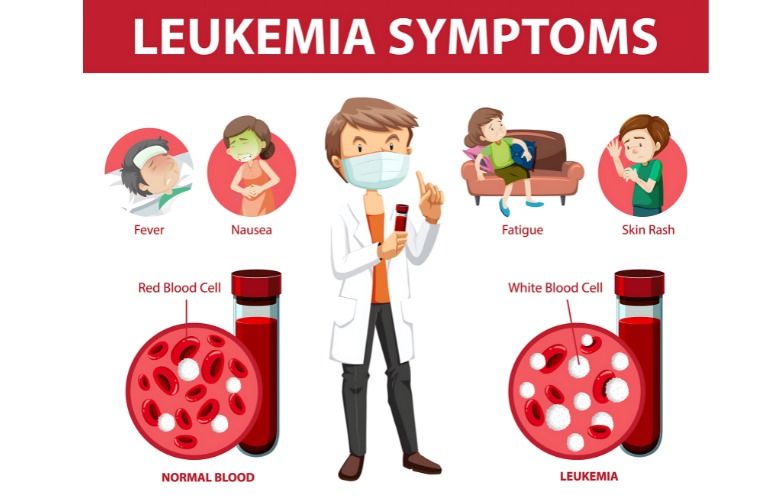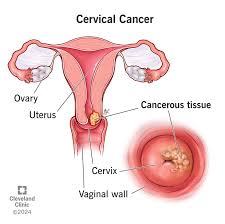Recognizing the Signs
Awareness of kidney cancer symptoms is essential for early diagnosis and treatment. While kidney cancer may not show noticeable symptoms in its early stages, as it progresses, patients may experience several signs, including:
● Blood in urine (hematuria)
● Persistent pain in the back or side, especially below the ribs
● Unexplained weight loss ● Fatigue
● Fever that comes and goes
● Loss of appetite
These symptoms can also be related to other, less severe health conditions, so it’s important to consult with a healthcare provider for proper evaluation if you experience them. Early detection of kidney cancer can significantly improve the chances of successful treatment and recovery.
The Importance of Early Detection
Early detection of kidney cancer plays a key role in the success of treatment. Identifying the disease in its initial stages can lead to better treatment outcomes. To help detect kidney cancer early, individuals should:
1. Schedule regular physical exams
2. Report any unusual symptoms to their healthcare provider promptly
3. Be aware of personal risk factors like smoking, obesity, or family history of kidney cancer
4. Discuss screening options with your doctor, especially if you are at high risk
By focusing on early detection and regular check-ups, patients can increase the chances of catching kidney cancer before it progresses to more advanced stages, which can be crucial for a better prognosis.
Kidney Cancer Treatment Options
If diagnosed with kidney cancer, it’s important to understand the various treatment options available. These options depend on the stage of cancer, overall health, and individual preferences. Common treatments for kidney cancer include:
Surgery
Surgery is often the primary treatment for kidney cancer. There are two main types of surgery:
1. Partial nephrectomy: This procedure removes the tumor and a small margin of healthy tissue, preserving most of the kidney.
2. Radical nephrectomy: This involves removing the entire kidney along with surrounding tissue and possibly nearby lymph nodes.
Radiation Therapy
Radiation therapy is not typically used as the primary treatment for kidney cancer, but it can help alleviate symptoms or treat cancer that has spread to other parts of the body. It can also be used to shrink tumors or manage pain in advanced stages of the disease
Chemotherapy
Chemotherapy uses powerful drugs to kill cancer cells or stop them from growing. While chemotherapy is generally not as effective for kidney cancer as it is for other cancers, it may be used in some cases, particularly if the cancer has spread to other parts of the body. It can be used in conjunction with other treatments, depending on the patient's specific condition.
Immunotherapy
Immunotherapy boosts the body’s immune system to help fight cancer. It has shown promising results for treating advanced kidney cancer and is an area of active research. Immunotherapy has become a critical part of kidney cancer treatment, especially in cases where the disease has progressed and other treatments have not been as effective.
Targeted Therapy
Targeted therapy uses drugs to specifically target cancer cells or the blood vessels that supply them. It is particularly effective for treating advanced kidney cancer and often results in fewer side effects compared to traditional chemotherapy. Targeted therapy focuses on disrupting the processes that allow cancer cells to grow and spread.
Living with Kidney Cancer: Coping Strategies
A kidney cancer diagnosis can be overwhelming, but there are several ways to cope and maintain a high quality of life:
● Support network: Connect with others who understand your experience to help navigate the emotional challenges.
● Stay informed: Knowledge about kidney cancer symptoms, treatments, and research can empower patients to make informed decisions about their care.
● Healthy lifestyle: Eat a balanced diet, exercise as recommended by your healthcare provider, and ensure adequate rest.
● Seek emotional support: Consider speaking with a therapist or counselor to help manage the emotional aspects of living with kidney cancer
Kidney Cancer Care in Kakinada
Patients in Kakinada can access high-quality kidney cancer treatment, with local hospitals equipped with advanced technology and staffed by experienced specialists in kidney cancer care. Whether you are seeking treatment or a second opinion, there are options for kidney cancer treatment in Kakinada that cater to various needs and budgets.
Finding the Leading Kidney Cancer Specialist in Kakinada
To ensure the best possible care, it's important to find a kidney cancer specialist in Kakinada with the right experience and credentials. Look for doctors with a proven track record in kidney cancer treatment, and always check patient reviews to gauge their success in treating kidney cancer. Additionally, inquire about the availability of advanced treatments, such as immunotherapy and targeted therapy, to ensure access to cutting-edge treatment options.
Affordable Kidney Cancer Treatment in Kakinada
Affordable kidney cancer treatment in Kakinada is accessible, with several options available to ease the financial burden: ● Government hospitals provide subsidized treatment for kidney cancer.
● Private hospitals in Kakinada often partner with insurance providers to reduce out-of-pocket expenses.
● Non-governmental organizations and charity groups may offer financial support for patients.
● Many hospitals also provide payment plans to ensure treatment remains within financial reach.
The Path to a Kidney Cancer Cure
While a complete cure for kidney cancer is not yet available, ongoing research and advancements in treatment are helping to improve patient outcomes. Innovations in treatments such as targeted therapies, immunotherapy combinations, and personalized treatment plans based on tumor genetics offer hope for better results in the future. Early detection remains a key factor in improving the chances of a successful recovery.
Conclusion:
Understanding kidney cancer, from symptoms to treatment options, is vital for patients and their families. Early detection of kidney cancer and seeking treatment options promptly can significantly impact survival and quality of life. If you're in Kakinada, consult local healthcare providers for expert kidney cancer care. With the right treatment and support, it's possible to fight kidney cancer with strength, hope, and confidence
If you're concerned about kidney cancer, don’t wait—schedule a check-up with a kidney cancer specialist in Kakinada and take proactive steps towards early detection and treatment.



